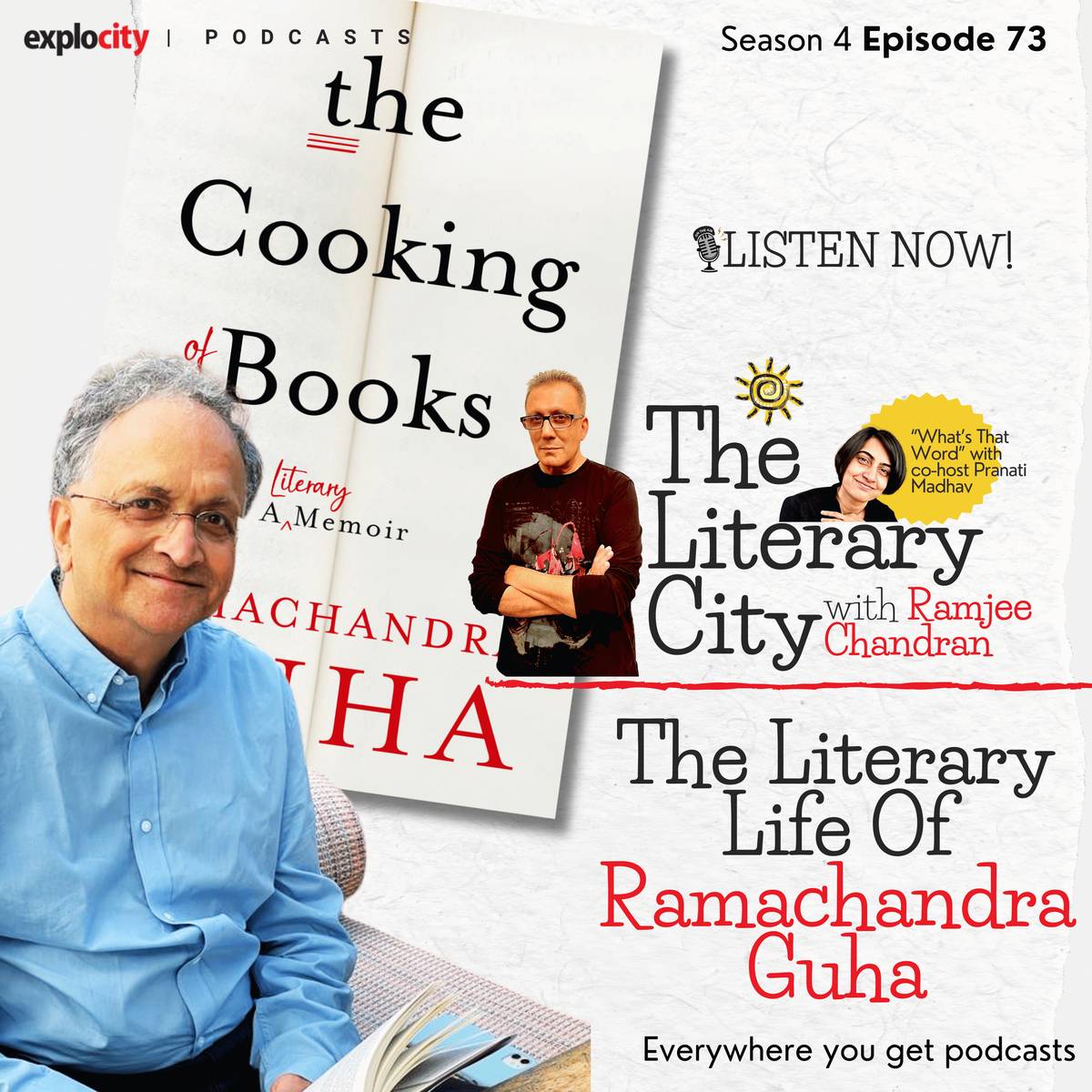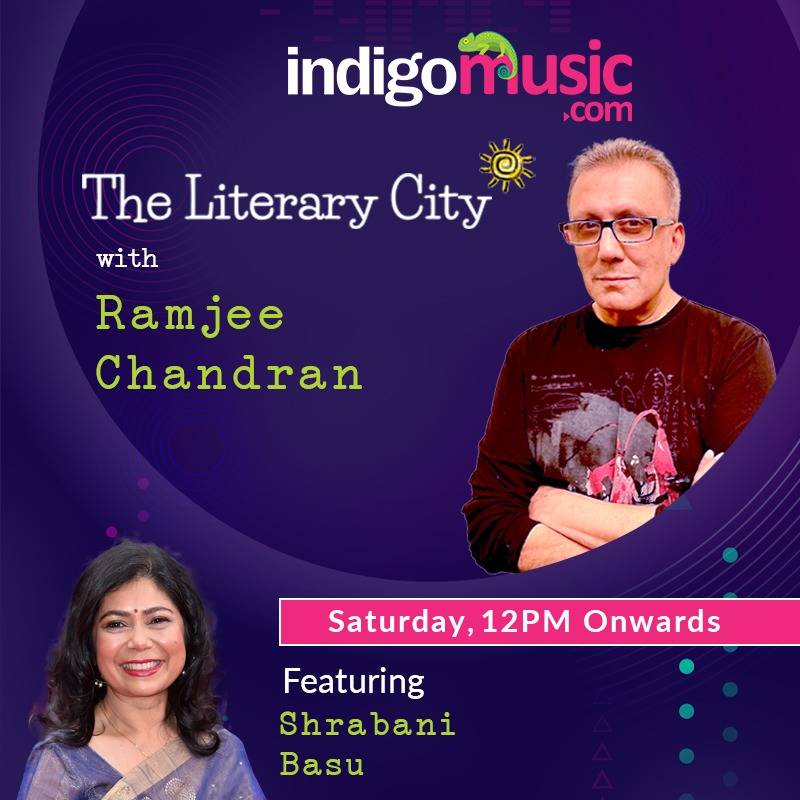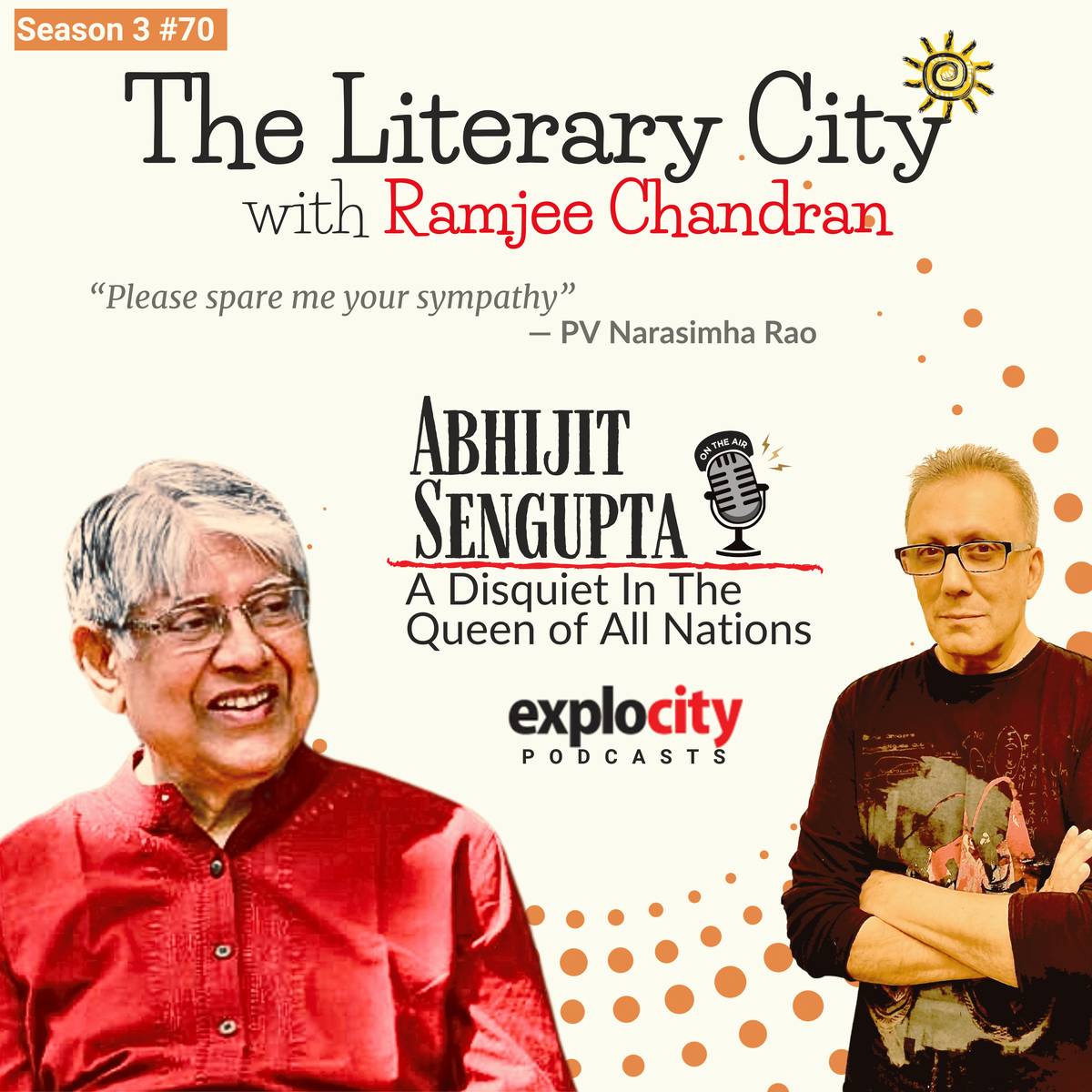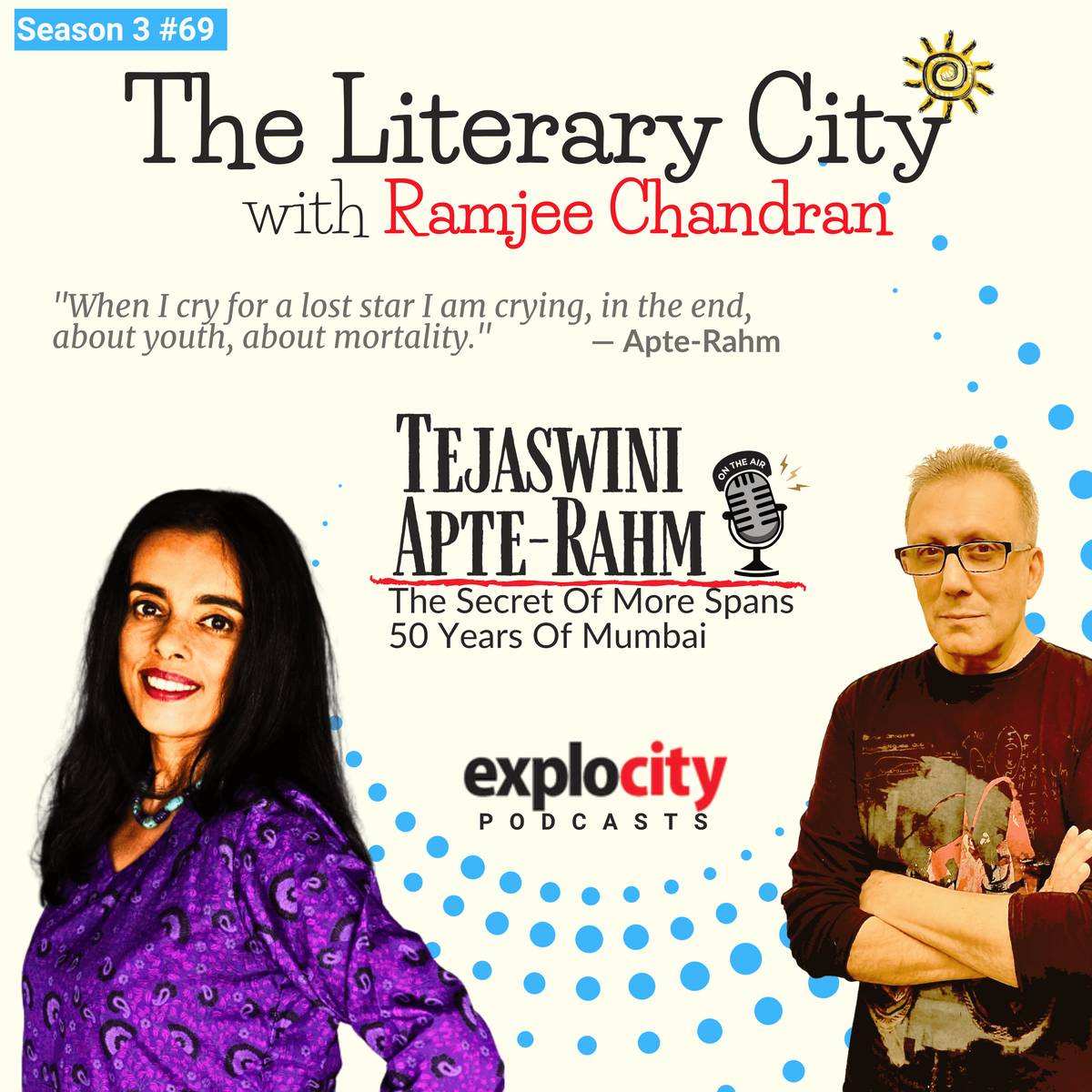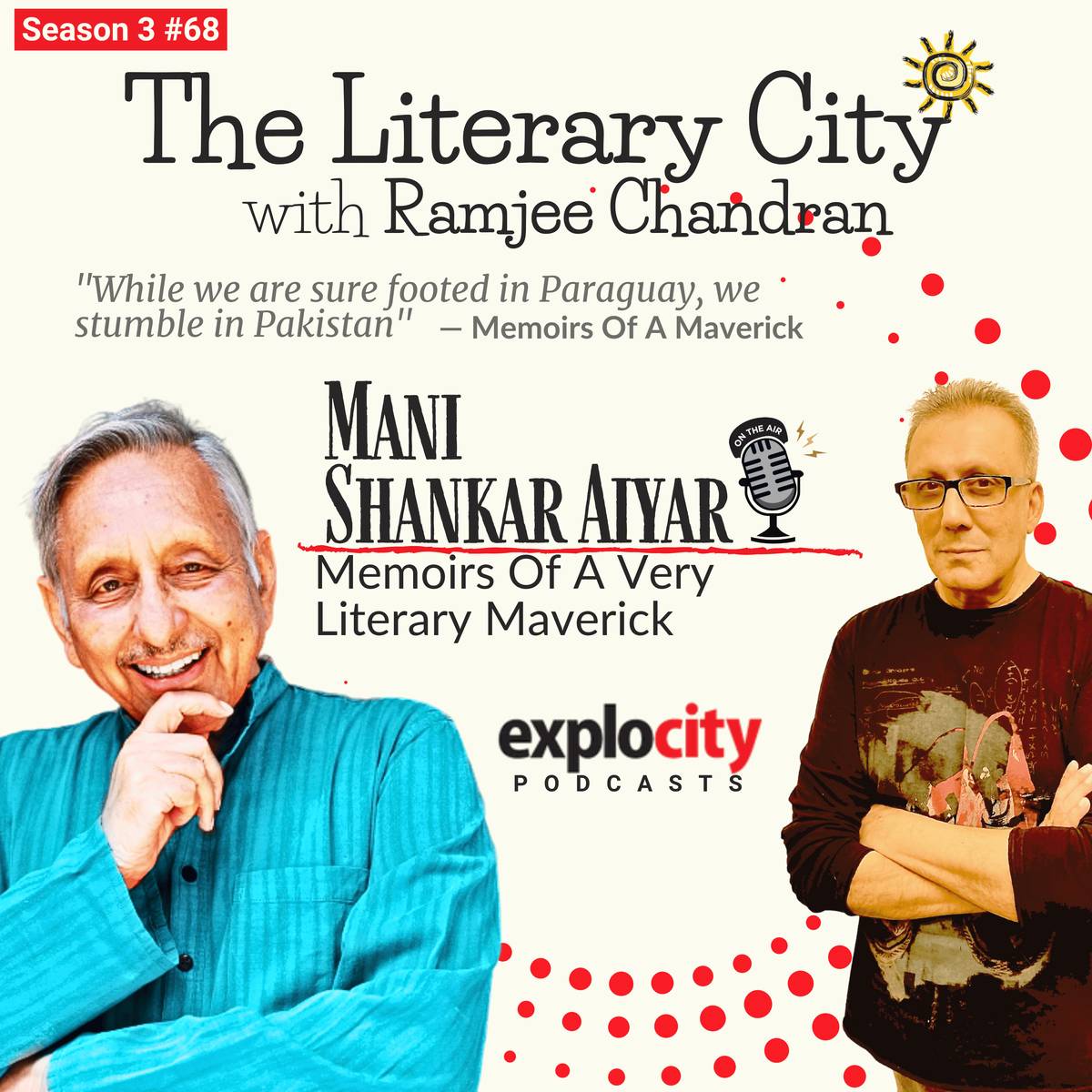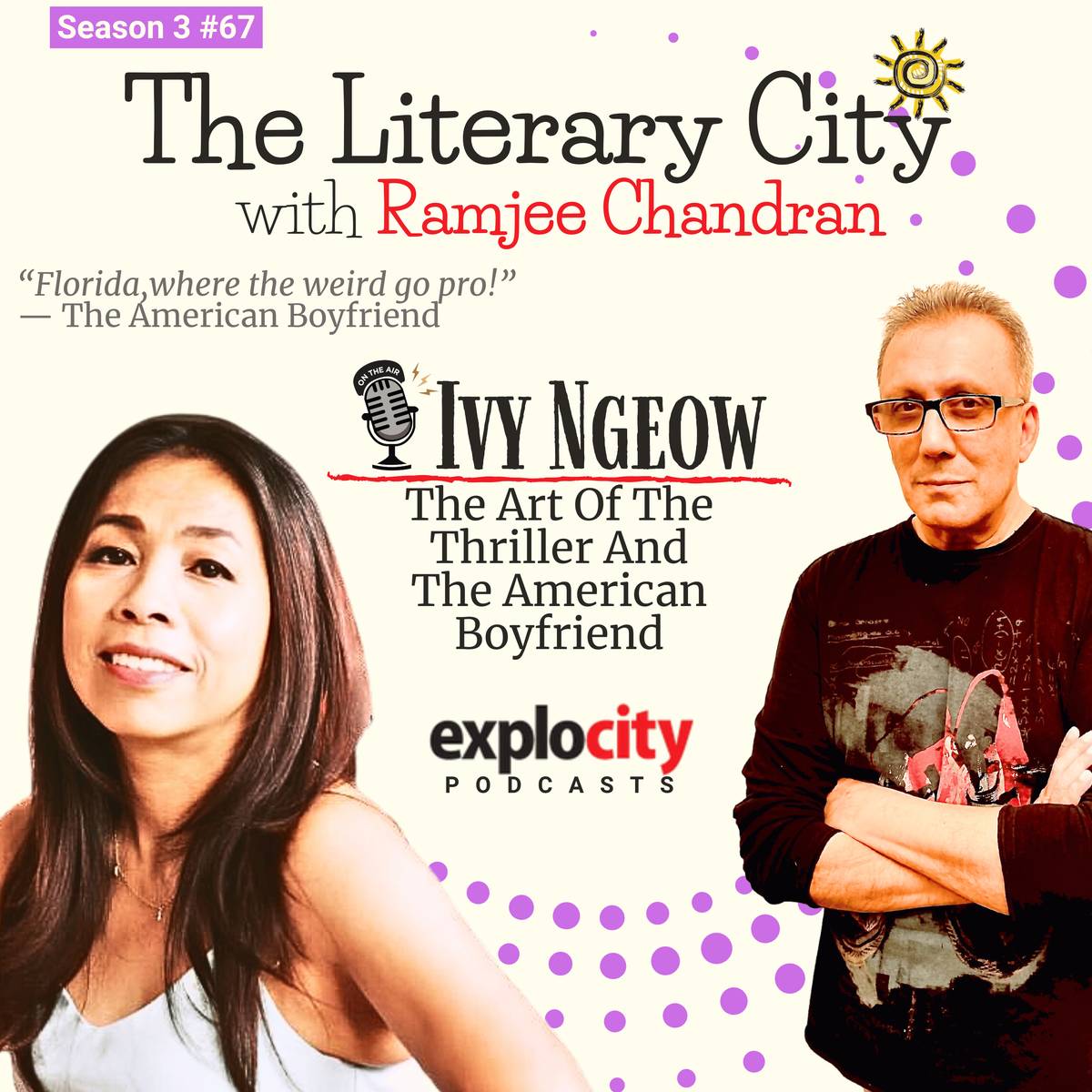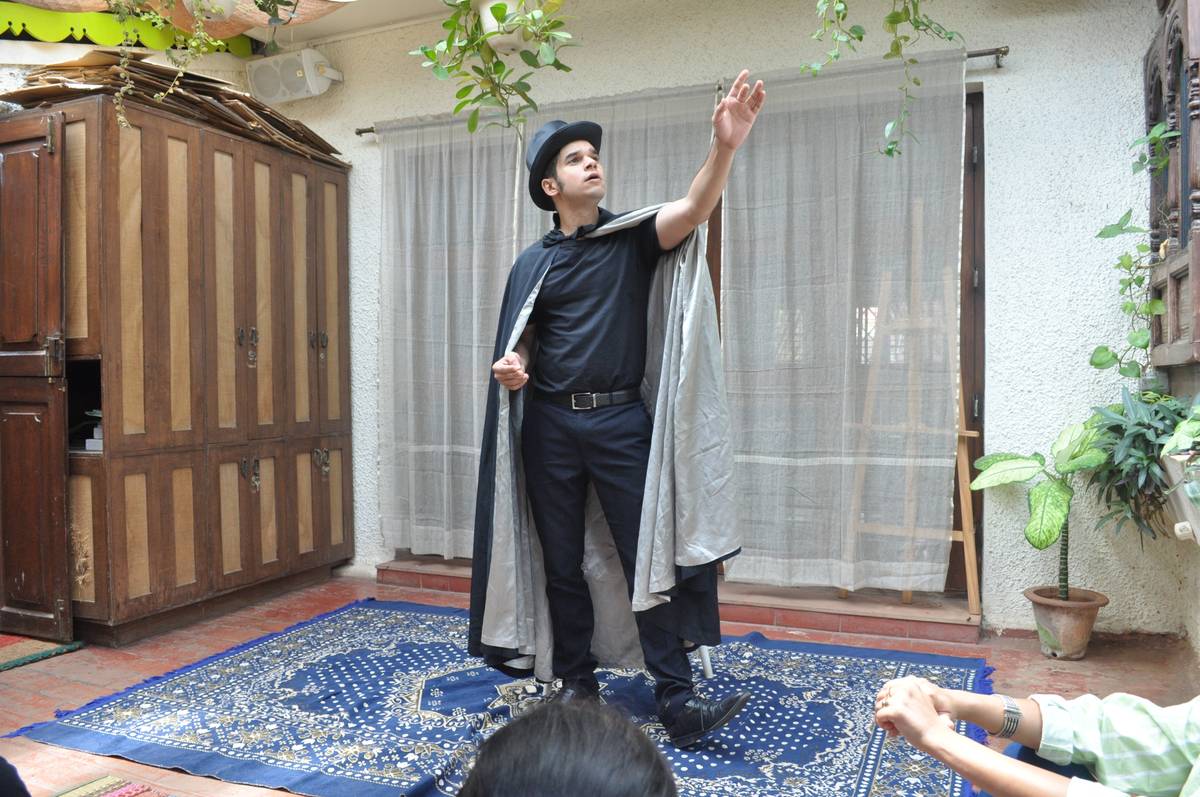Learn To Adjusht Maadi - Zac O’Yeah
Oct 11, 2019, 11 25 | Updated: Jun 17, 2023, 09 07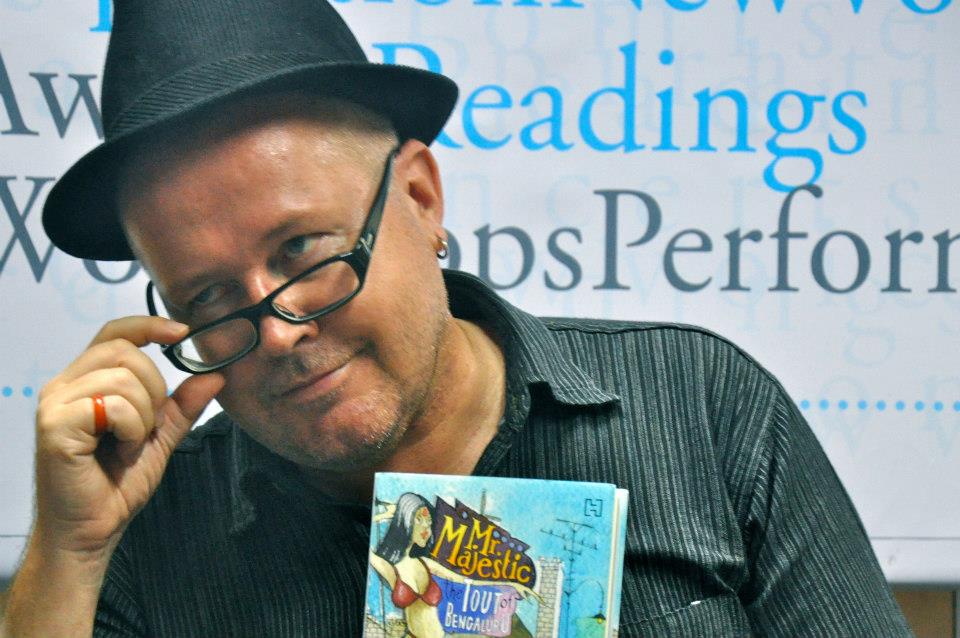
He speaks passionately of his life in Bangalore, and claims to know the city better than the bus drivers here. Author Zac O’Yeah thinks it’s karma that brought him to India.
The world has had its share of Swedish crime authors and fictional women with dragon tattoos. What sets Zac O’Yeah apart (besides his rockstar-ish pen name) is his pronounced South Indian accent and his relationship with Bengaluru. Born in Finland and raised in Sweden, the author learnt Hindi at Stockholm University and moved to India when he was all of 25. He says he belongs to no country, and refuses to share his real name.
Previously a playwright, director, performer and musician, the author now has 11 books to his credit and hopes to alter the literary scene in India. Post the launch of his latest Bangalore-based crime thriller ‘Mr. Majestic: The Tout of Bengaluru,’ Zac O’Yeah told us how he found love in the city.
What brought you to India? What were your earliest memories in Bangalore?
I came to India simply because I was tired of Europe, but India is a country that is impossible to get tired of. When I first stepped off the train at Bengaluru City Junction in 1992, it was love at first sight. I found the Majestic area very charming with its art deco movie theatres and shady drives. The contrasting Cantonment area with its beautiful bookstores was a fab locality to explore. I’ve enjoyed browsing through the shelves of Gangarams, Blossoms and Bookworm; though I miss Premier Book Shop and its proprietor Mr. Shanbhag a lot. When I met my wife, the novelist Anjum Hasan here, it was love all over again. And I haven’t left the city ever since.
What is up with Swedish writers and crime thrillers?
It's a cottage industry, and one of the biggest cultural export products from Sweden these days. I do hope that with my writing, both as a detective novelist and a columnist, I can help stimulate a similar literary trend in India.
Comedy and crime don't really mix. But reviews suggest that you've managed to blend the two in your latest book. How did that work out?
Humorous thrillers are the hardest to write, and I would advise every aspiring writer against it. Humour and suspense tend to cancel each other out, and only the most foolish among writers – such as myself – should ever attempt it. But the challenge makes it all the more interesting.
Also, there are a lot of comical moments in life in India, so such thrillers are perhaps possible only here. After all, every Bollywood and Sandalwood thriller movie does have comical elements in it.
To be honest, I find it hard to write anything that doesn’t have humour in it. I also think that many thrillers and detective novels can get too dark, so it is good to have some comic relief now and then. Hari Majestic, the protagonist in my latest book, goes through some hard times in this novel. Beginning with the worst day of his life, the story goes into far worse events. But in such circumstances, Hari’s sense of humour and cheerfulness helps him deal with life’s hardships. I am really fond of Hari Majestic and I think he’s probably my best fictional creation by far – and exactly because he manages to hold together a hardboiled noir thriller and a slightly slapstick sort of farcical plot.
You seem to have shown a great deal of interest in Indian literature. Tell us about books and authors who've inspired you.
I've been inspired by writers like Amitav Ghosh, RK Narayan and Vikram Chandra who have shown how literary fiction can expand its borders to encompass a variety of subjects and themes from around the world, and that fiction transcends all national and cultural barriers. Also, mingling with Indian writers at literary festivals across the country has expanded my views on literature. Last week, I met a Bengaluru-based novelist called Eshwar Sundaresan. You must check him out-he's brilliant.
Tell us about your experience of being married to an Indian woman. How has the country and the culture changed you as a person and as a writer?
My wife, Anjum Hasan, is a writer herself. So, she isn’t so much as a foreigner to me, as a colleague. But I often suspect that I was an Indian in my past life and the fact that I'm here again is just a sign of karma.
What kind of relationship do you have with the city of Bangalore?
I think on some level ‘Mr. Majestic!’ started cooking in my mind twenty years ago, when I first arrived in Bangalore – as the city was known then. The area around the city station, known locally as Majestic, was enormously fascinating and full of life. Everything seemed to be on sale there. The place stuck in my mind so strongly, that wherever in the world I went after that, I would always think to myself, “I wish I were in Majestic.” I remember the days when I sat in Kamat Hotel, reading the local newspapers and having filter coffee and vada-sambar. I would plan to watch a play in the evening, while surrounded by the thousands of travellers flowing in and out of the city from every corner of the planet. I’ve loved Bangalore with great passion for the past two decades, and after I shifted my base from Europe to India in 2000, I’ve come to feel that I know Bengaluru better than I know any city in Sweden. I realised that if I were to write another detective novel, my only option was to set it in Bengaluru. After all, I do strongly feel that we need to have more detective novels set in Indian cities. Look at cities like London and New York-their bookshops are full of city-based detective stories and thrillers. In India, there’s been some thrillers and detective novels set in Mumbai and Kolkata, but I feel that considering how big our Indian cities are, there’s scope for more exciting stories.
What does it take to be an author in a foreign language in a foreign country?
One has to learn to adjusht maadi.
